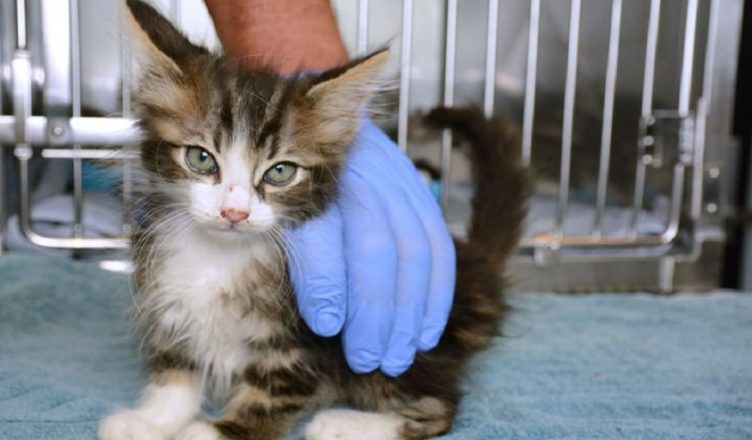Welcoming a kitten is not an obvious task. There are a variety of parameters that need to be considered in order for things to go well.
Here are some tips you may find useful. To complete them, the veterinarian will be of great help.
How to choose your kitten?
A healthy kitten is curious (it comes towards you), vigorous and playful. Her eyes should be bright and free of discharge. It is advisable to check his ears: if they contain a blackish substance, this can reflect the presence of parasites (ear mites). His gums will be very pink, without sores. Sneezing and coughing may indicate the presence of a respiratory infection. A shiny coat free of patches reassures the absence of mycosis (fungi).Take some medicine from some pet stores.
The veterinarian
The visit to the veterinarian is important, in particular to make sure that the kitten is not suffering from an invisible disease. The application of a dewormer is recommended, since a significant proportion of kittens are carriers of worms (which can infect humans). The vaccines will be administered (cat typhus or panleukopenia, in particular). Sterilization occurs around the age of six months.
There is already a cat at home
If you already have a cat, you must isolate the kitten in a separate room for several days, in particular to avoid the transmission of diseases, and this before having visited the veterinarian.
It will be appropriate to introduce the “resident” to the room that welcomes the newcomer; while, at the same time, the latter will explore the common spaces. The first meetings between the two cats will be short, and gradually lengthened.
It is important that each cat – and this is especially true for the “owner” – has his own litter and his bowl of food. In principle, cohabitation should not pose major problems. Signs of aggression are normal at first, since the two cats are gauging each other.
The cleanliness
As we know, the cat is a naturally clean animal. His mother taught him the basic rules of hygiene during the first weeks of life. The kitten will learn todo not soil the place where he eats and where he sleeps, and realizes, always following the example of his sire, that it is better to do his business in a specific place: the litter.
It happens that the kitten has not benefited from this learning, or not longs enough. It’s up to you to take over. First, and this also applies to all kittens arriving in their new house, clean or not, they must be given time to get used to their new environment. The litter will be placed in a given room, and the kitten will be brought there several times a day (after the meal, after a long nap …).
Finally, marking with the smell of urine is a matter of sexual instinct, and it can be prevented (in whole or in part) by sterilization.
Weaning and feeding
In principle, the kitten is weaned at two months, even if it is already able to eat alone since the age of five or six weeks. During this transition period, you can give him small pieces of kibble mixed with lukewarm water. The small milk saucer is a timely addition. If the kitten is reluctant to eat in its bowl, you can present the food to it with your fingertips, which it will be inclined to lick .
How to become friends?
The kitten’s socialization process begins early, through play and imitation. The mother plays a crucial role, as do the other kittens in the litter. The fights – playful – are well known, and greatly amuse those who observe them. For the kitten, it is the moment to learn that to live well together, you must not press the bites and pull out its claws all the time , under penalty of a painful flashback.

